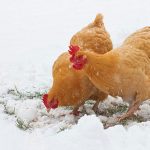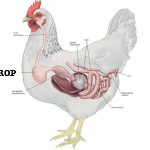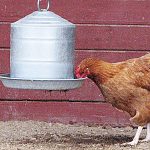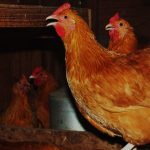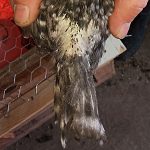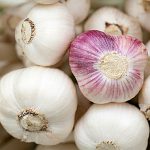
Garlic (Allium sativum) has so many beneficial properties that researchers haven’t yet discovered them all. What is well known is that garlic has broad-spectrum antimicrobial properties, making it effective against many bacteria, fungi, viruses, and internal parasites, including protozoa. That’s why so many people are enthusiastic about using garlic for chickens. Allicin and Ajoene Garlic’s […]
Continue Reading
